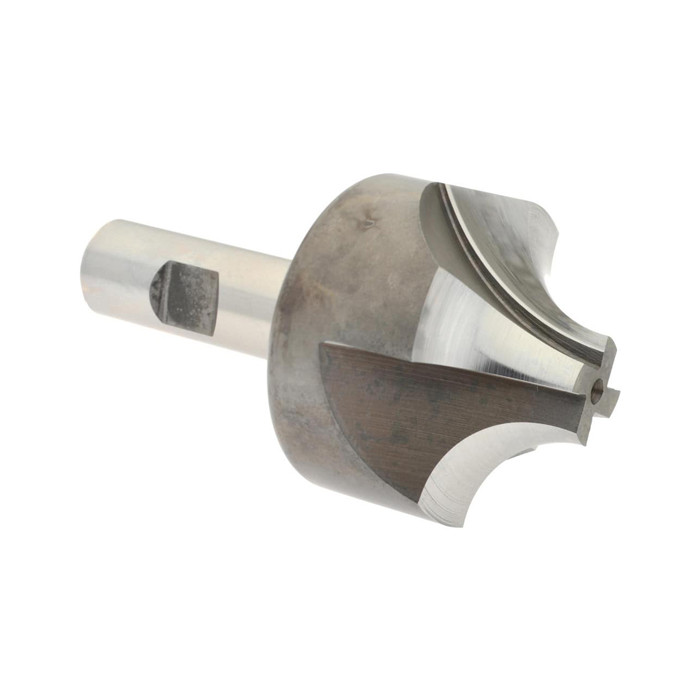bore gauge Factories
Bore gauges are precision instruments used to measure the internal diameter of holes. Choosing the right bore gauge factory is crucial for ensuring accuracy and reliability in your measurements. This guide explores the factors to consider when selecting a bore gauge factory, different types of bore gauges, and tips for proper usage and maintenance.
Understanding Bore Gauges and Their Applications
A bore gauge, also known as a cylinder bore gauge, is a measuring instrument specifically designed to determine the internal diameter of a hole or cylinder. Unlike calipers or micrometers which measure external dimensions, bore gauges are inserted into the hole to take measurements from the inside. These gauges are widely used in manufacturing, automotive engineering, and other industries where precise internal measurements are critical.
Types of Bore Gauges
Several types of bore gauges are available, each with its own strengths and applications:
- Dial Bore Gauges: These are the most common type, using a dial indicator to display the measurement. They are relatively easy to use and offer good accuracy.
- Digital Bore Gauges: These gauges use a digital display for readings, offering higher precision and ease of reading.
- Telescoping Bore Gauges: Also known as hole gauges, these are used to transfer the internal dimension to an external measuring instrument like a micrometer. They are less precise than dial or digital bore gauges but are useful for hard-to-reach areas.
- Small Hole Gauges: Designed specifically for measuring very small holes.
Applications of Bore Gauges
Bore gauges are used in a wide range of applications, including:
- Measuring cylinder bore in engines
- Inspecting the internal diameter of pipes and tubes
- Quality control in manufacturing processes
- Measuring bearing housings
- Checking the roundness and straightness of holes
Selecting the Right Bore Gauge Factory
Choosing a reliable bore gauge factory is crucial for obtaining accurate and dependable measuring instruments. Consider the following factors:
Quality Control and Certifications
Ensure the bore gauge factory has robust quality control processes and relevant certifications (e.g., ISO 9001). This guarantees that their products meet established standards and are manufactured with precision.
Manufacturing Capabilities and Technology
A reputable bore gauge factory will invest in advanced manufacturing equipment and technologies. This enables them to produce high-quality bore gauges with tight tolerances and consistent performance. Inquire about their CNC machining capabilities, calibration methods, and materials used.
Range of Products
Look for a bore gauge factory that offers a wide range of bore gauges to meet your specific needs. This includes different types, sizes, and measuring ranges. A comprehensive selection allows you to find the most suitable instrument for your application.
Customization Options
Some applications may require custom bore gauges with specific features or dimensions. A good bore gauge factory should be able to offer customization options to meet your unique requirements.
Reputation and Experience
Choose a bore gauge factory with a solid reputation and years of experience in the industry. Check online reviews, customer testimonials, and industry publications to assess their track record. Established companies like Wayleading Tools are often a safer bet.
Customer Support and Service
Excellent customer support is essential, especially when dealing with precision instruments. Ensure the bore gauge factory provides technical support, calibration services, and after-sales service. A responsive and helpful support team can assist with troubleshooting, maintenance, and any other issues that may arise.
Factors Affecting Bore Gauge Accuracy
Several factors can impact the accuracy of bore gauge measurements. Understanding these factors is crucial for obtaining reliable results.
Temperature Variations
Temperature fluctuations can cause expansion or contraction of the bore gauge and the workpiece, leading to inaccurate measurements. Allow both the gauge and the workpiece to stabilize at the same temperature before taking measurements.
Proper Calibration
Regular calibration is essential for maintaining the accuracy of a bore gauge. Use calibrated setting rings or gauge blocks to verify and adjust the gauge's accuracy. The frequency of calibration depends on the usage and environmental conditions.
Operator Skill
Proper technique is essential for accurate bore gauge measurements. Ensure the operator is trained and familiar with the gauge's operation and best practices. Consistent pressure and proper alignment are crucial.
Gauge Condition
Inspect the bore gauge regularly for any signs of wear or damage. Damaged or worn components can affect the accuracy of the measurements. Replace any damaged parts immediately.
Tips for Using and Maintaining Bore Gauges
Following these tips will help ensure the longevity and accuracy of your bore gauges:
- Clean the gauge before and after each use. Use a clean, lint-free cloth to remove any dirt, oil, or debris.
- Store the gauge in a protective case when not in use. This will prevent damage and contamination.
- Handle the gauge with care. Avoid dropping or subjecting it to unnecessary shock.
- Calibrate the gauge regularly. Follow the manufacturer's recommendations for calibration frequency.
- Use the correct measuring range. Do not attempt to measure bores outside of the gauge's specified range.
- Apply consistent pressure. Use a light, steady pressure when taking measurements.
Comparing Different Bore Gauge Factories
To help you choose the best bore gauge factory, here is a comparison table highlighting some key factors to consider:
| Factor | Considerations |
|---|---|
| Quality Control | ISO 9001 certification, inspection processes, material testing |
| Manufacturing Capabilities | CNC machining, calibration equipment, material selection |
| Product Range | Variety of types, sizes, and measuring ranges |
| Customization | Ability to create custom gauges to specific requirements |
| Reputation | Years in business, customer reviews, industry recognition |
| Customer Support | Technical support, calibration services, after-sales support |
Conclusion
Selecting the right bore gauge factory is a critical decision that impacts the accuracy and reliability of your measurements. By considering factors such as quality control, manufacturing capabilities, product range, and customer support, you can choose a factory that provides high-quality bore gauges that meet your specific needs. Remember to properly use and maintain your bore gauges to ensure accurate and consistent measurements over time.
Related products
Related products
Best selling products
Best selling products-
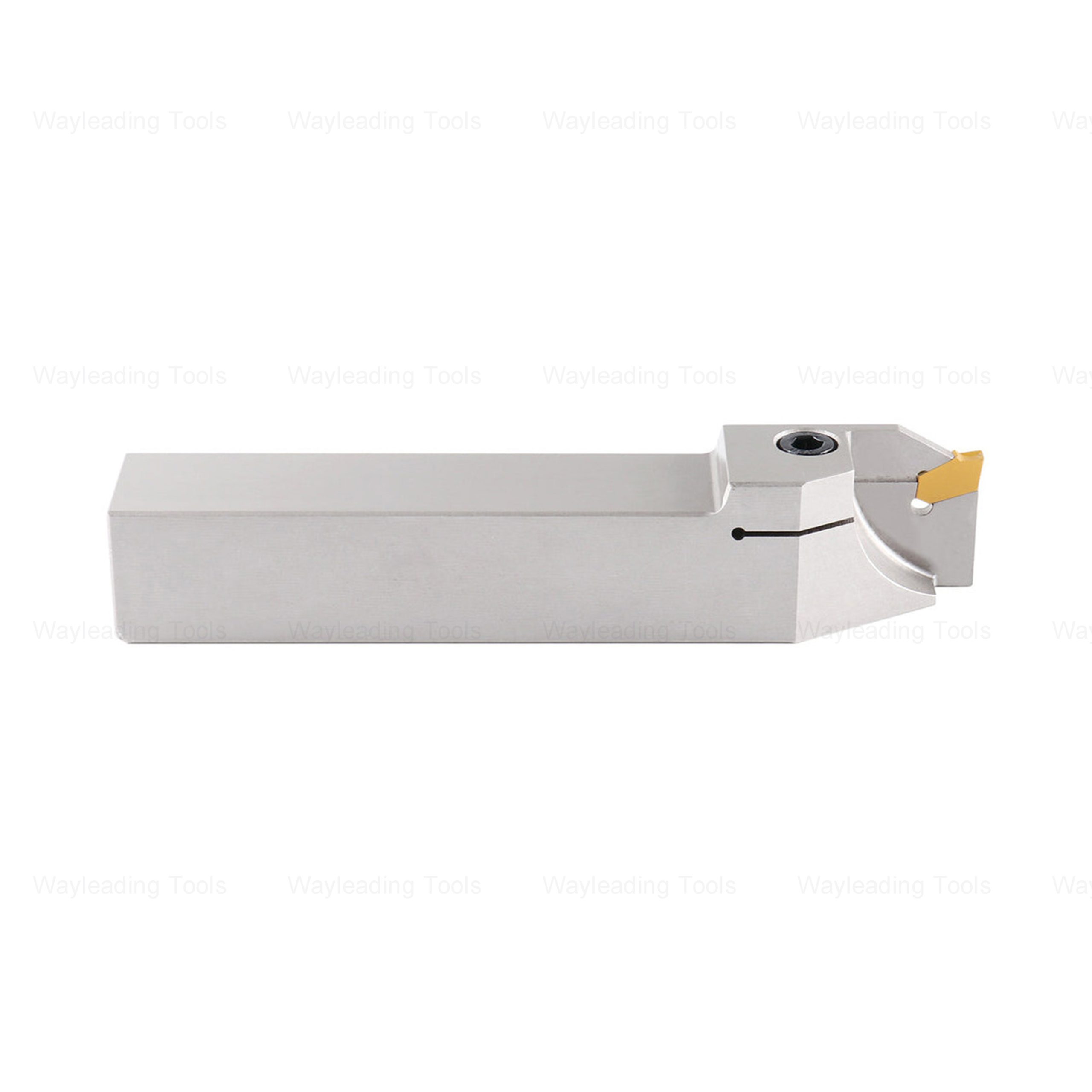 QA Grooving & Cut-Off Tool Holder
QA Grooving & Cut-Off Tool Holder -
 25PCS DIN338 HSS Twist Drill Bit Set From 1-13mm
25PCS DIN338 HSS Twist Drill Bit Set From 1-13mm -
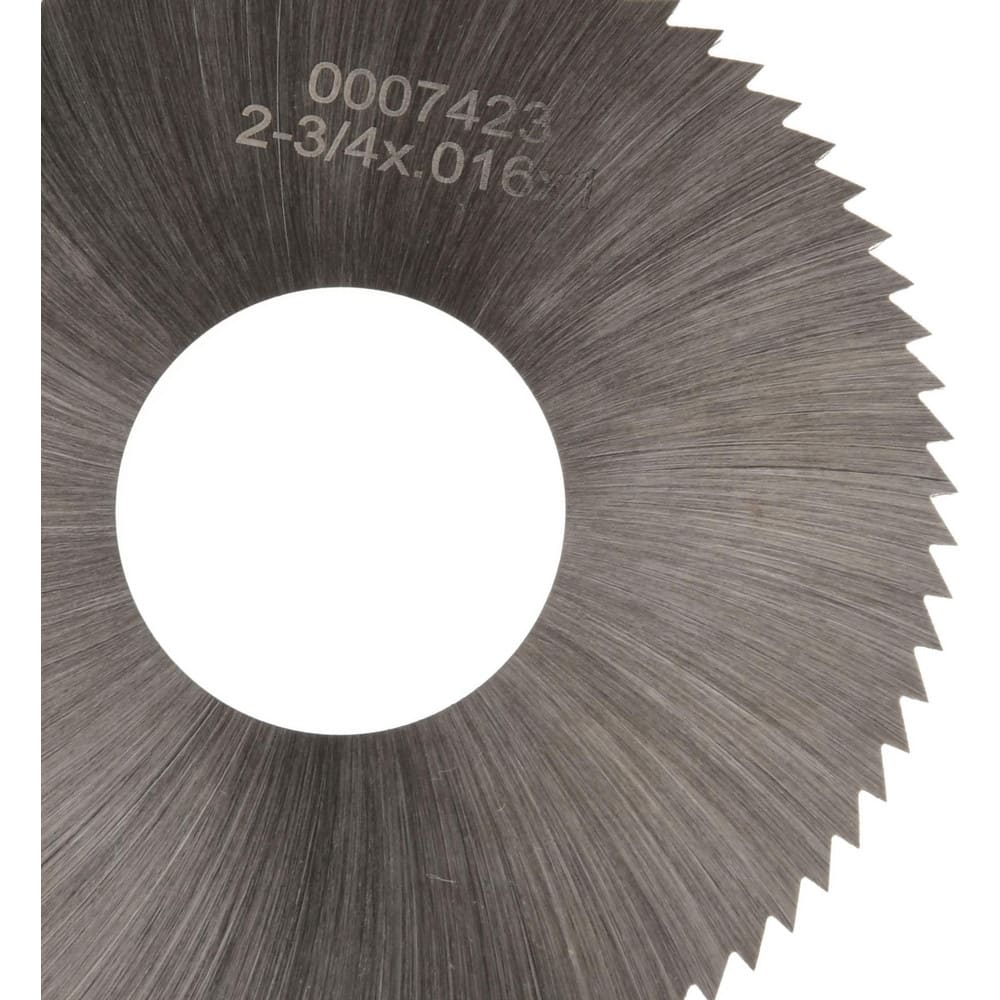 HSS Inch Plain Metal Slitting Saws For Industrial
HSS Inch Plain Metal Slitting Saws For Industrial -
 5C Round Collet With Inch and Metric Size
5C Round Collet With Inch and Metric Size -
 HSS Keyway Broach With Metric And Inch Size, Push Type
HSS Keyway Broach With Metric And Inch Size, Push Type -
 DIN6537L Metric Solid Carbide Twist Drill With Internal Coolant & External Coolant
DIN6537L Metric Solid Carbide Twist Drill With Internal Coolant & External Coolant -
 Precision 2pcs Angle Blocks Set With High Quality Type
Precision 2pcs Angle Blocks Set With High Quality Type -
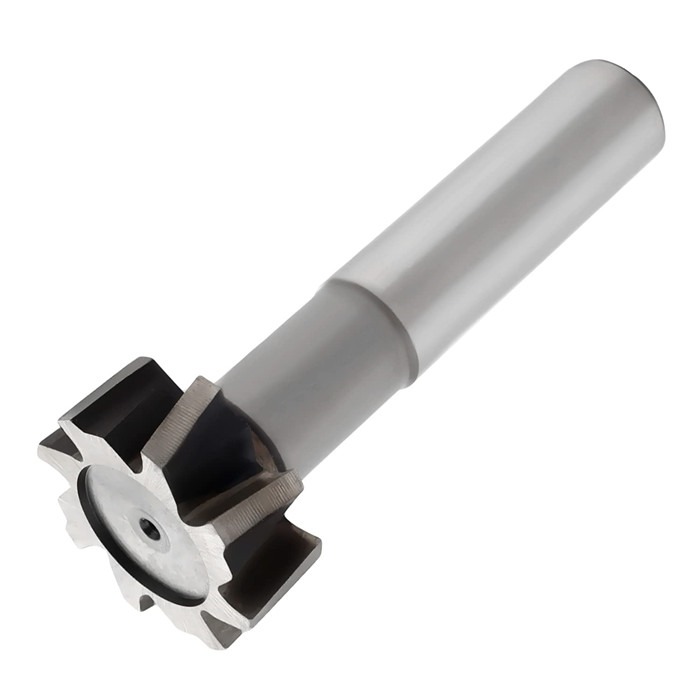 HSS Metric & Inch T Slot End Mill For Industrial
HSS Metric & Inch T Slot End Mill For Industrial -
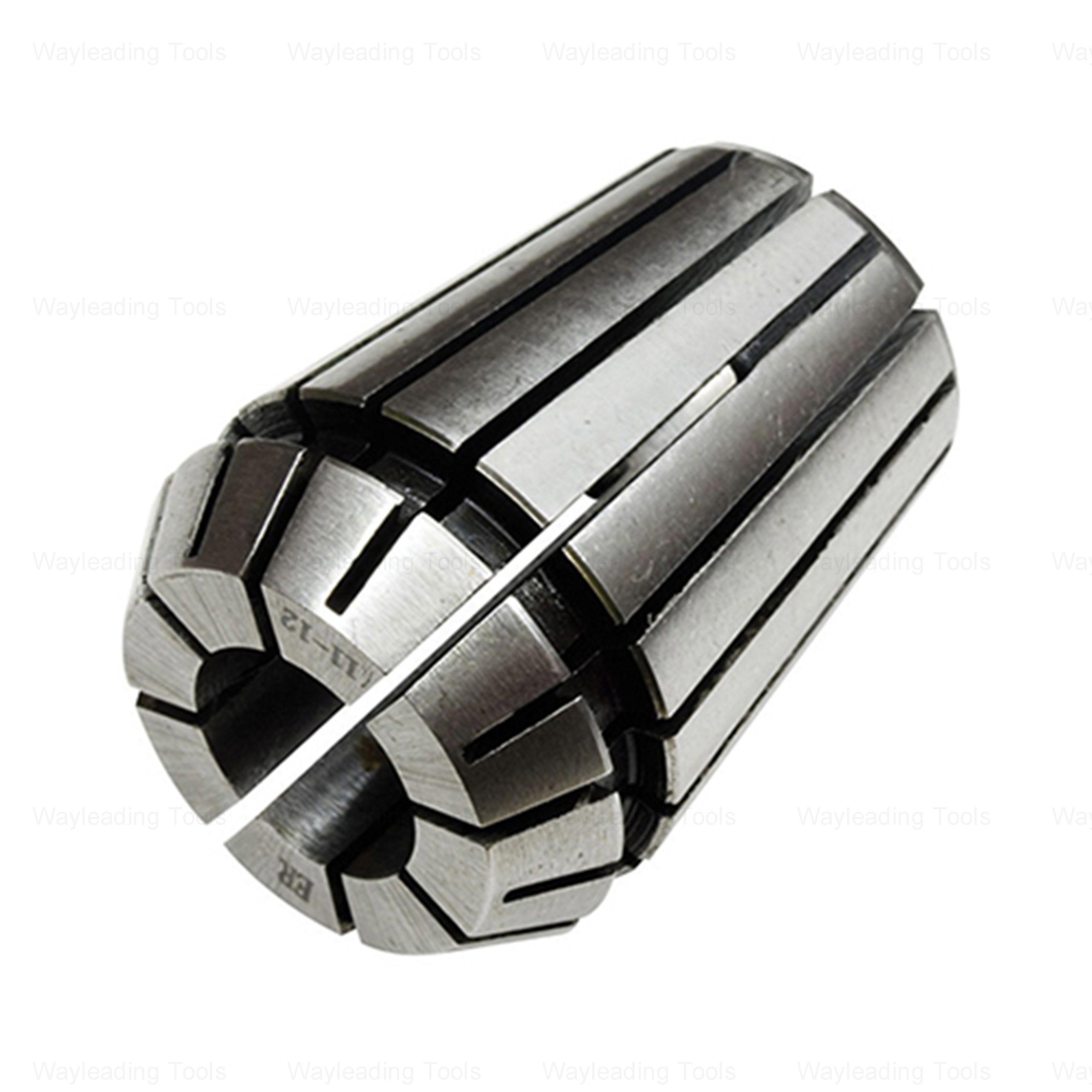 Metric ER Collets – High Precision, for Milling Applications
Metric ER Collets – High Precision, for Milling Applications -
 Inch ER Collets With Hight Precision Milling
Inch ER Collets With Hight Precision Milling -
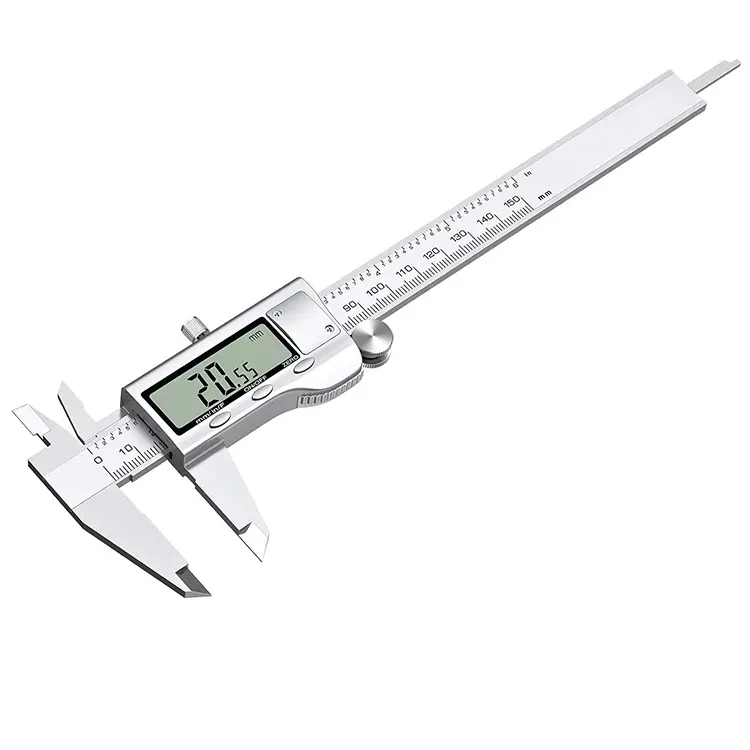 Precision Digital Caliper Of Metal Case For Industrial
Precision Digital Caliper Of Metal Case For Industrial -
 ANSI B94 HSS Jobber Length Drill Bits Fully Ground
ANSI B94 HSS Jobber Length Drill Bits Fully Ground


